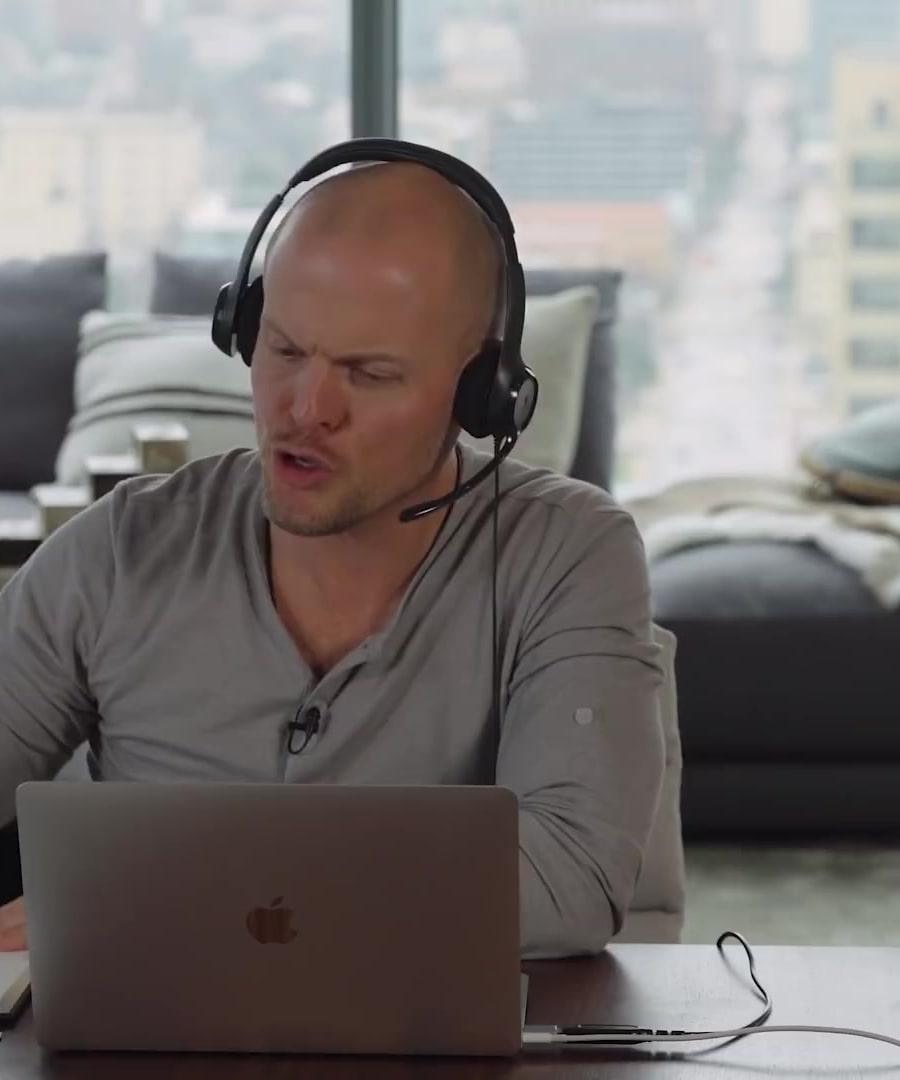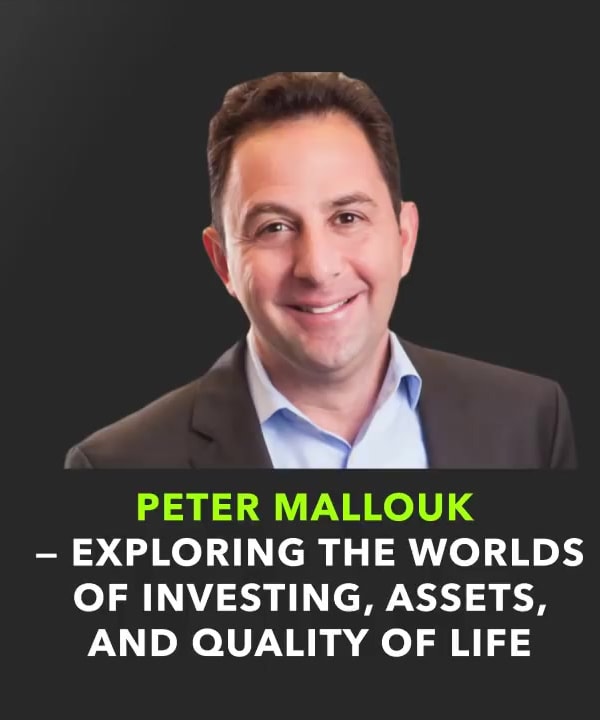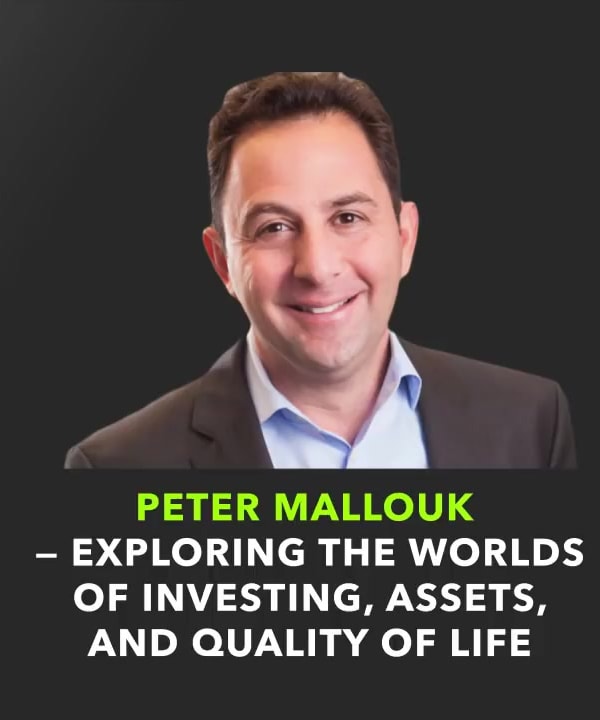Public equities
Sources:
Tim Ferriss has shared various insights regarding investing in public equities:
-
Cash Reserves Strategy: Tim emphasizes the importance of having cash reserves to sleep well at night. During the onset of COVID-19, he saw buying opportunities in equities and noted the liquidity profile of equities, allowing for easier exits compared to other investments like private equity where funds are often locked in for years 1.
-
Investing Insights: Tim acknowledges Kevin Rose's versatile success in public markets and the importance of recognizing one's strengths and limitations. They discuss that successful investing requires clear rules and systems, and one can wait for the best opportunities rather than trying to hit every pitch 2.
-
Seizing Opportunities: Tim talks about focusing on opportunities that align with one's strengths and the futility of stressing over missed opportunities. He highlights the challenges of timing the stock market and suggests seeking long-term opportunities rather than reacting to short-term volatility 3.
-
Market Predictions Dilemma: Addressing the difficulties of predicting market corrections, the conversation highlights that even the most sophisticated investors find it challenging to time the market. Successful investors like Warren Buffett stay engaged in the market, rather than trying to guess every downturn 4.
-
Long-Term Investment Strategies: Edward O. Thorp discusses the benefits of long-term investment in equities, especially for horizons of 15 years or more. He introduces rules like the 4% and 2% rules for sustainable withdrawals and emphasizes the psychological resilience needed during market fluctuations 5.
-
Competitive Investment Advantages: Tim acknowledges that while private markets might offer significant differentiation opportunities, public markets have become incredibly efficient. Successful public market investors need to understand their strengths and systems to navigate these markets 6.
-
Evolution of Asset Classes: Michael Mauboussin explains the decline in public companies and the rise of private equity. He attributes this to the economic conditions that have led investors to seek riskier assets like private equity and venture capital due to declining expected returns in public markets 7.
Using these insights, investors can better understand the landscape of public equities and the strategic approaches one might employ.
RELATED QUESTIONS-






